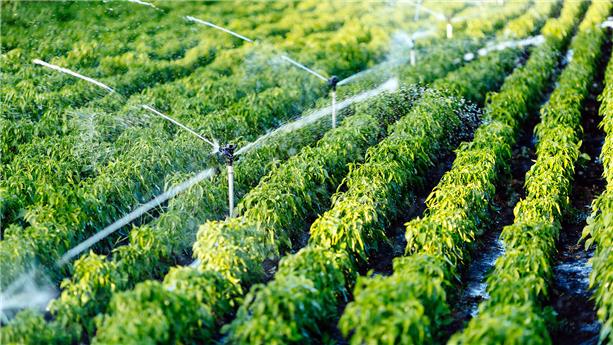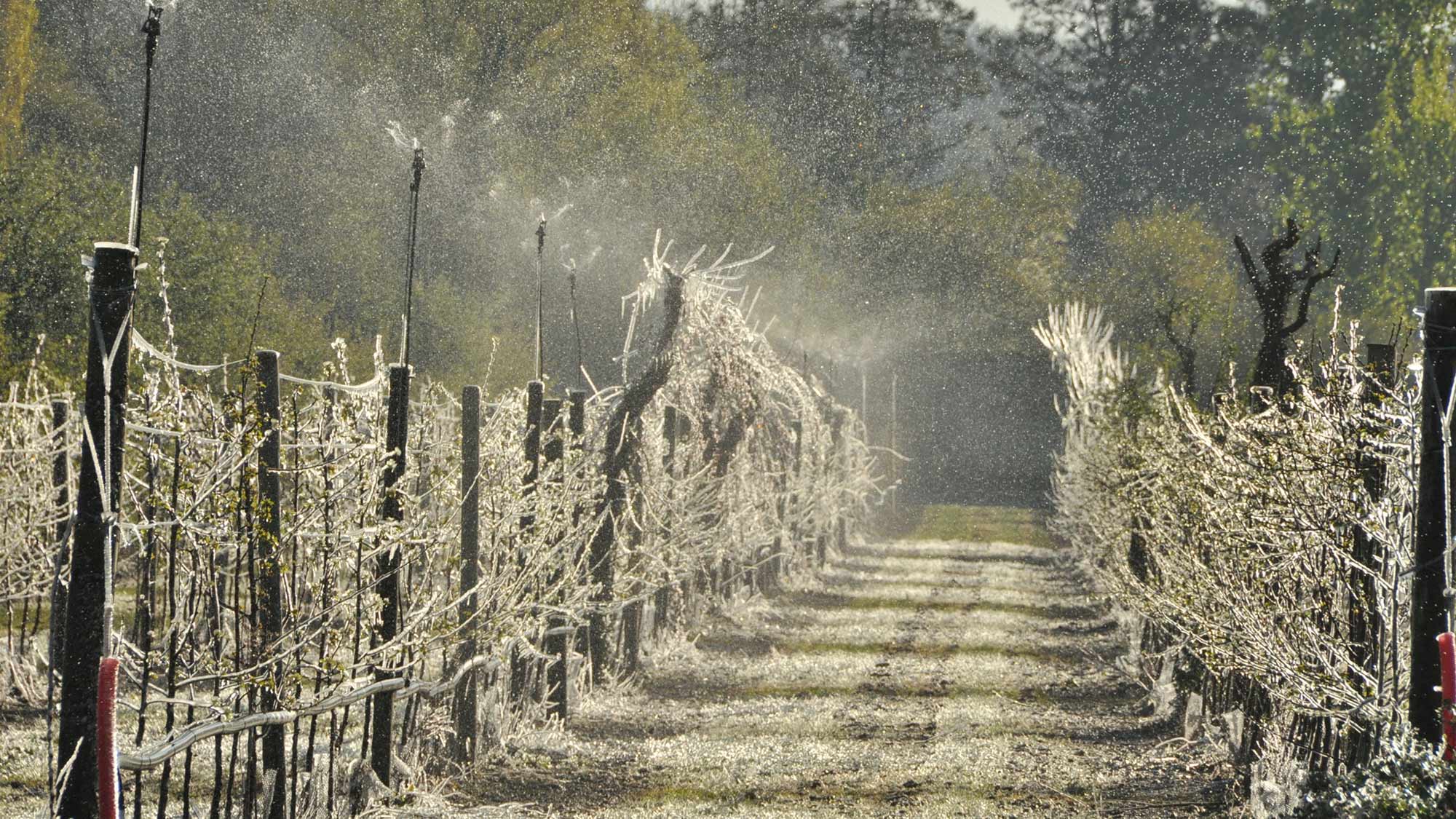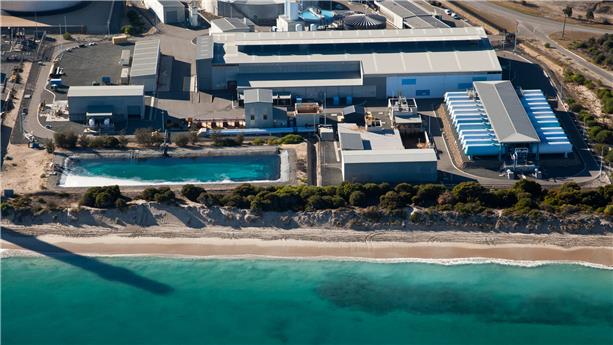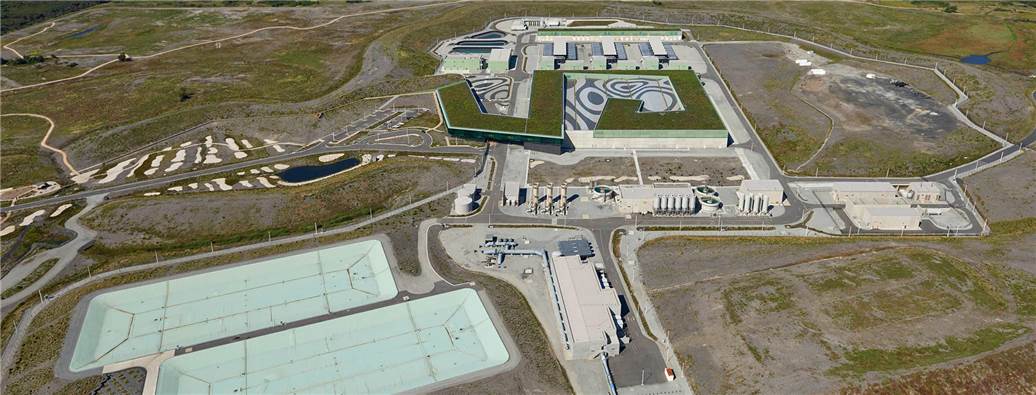
Mobilise new water resources to cope with drought
To cope with this depletion, the priority is to consume with sobriety and to preserve quality freshwater resources. Efforts to reduce energy consumption can be made by all users to control their consumption, whether domestic, public, industrial, agricultural, etc. Resource management is also a multi-stakeholder approach, which requires instrumentation and management to avoid, even in the event of a shortage, lasting imbalance of ecosystems and freshwater resources, whether in quantity or quality.
These efforts at sobriety and good management are not always sufficient to avoid shortages and conflicts of use. It then becomes necessary to mobilise non-conventional fresh water or seawater, which constitute new substitute resources.
We reuse treated wastewater from municipal or industrial wastewater treatment plants through the development of complementary treatments adapted to the intended uses. Firstly, to preserve traditional water resources, we replace them with treated wastewater for uses that do not require the quality of drinking water: for example, for watering green spaces, for irrigation in agriculture, for washing roads or equipment, etc.
The mobilisation of non-conventional fresh water generally requires the implementation of dedicated structures and networks. In some countries, such as Namibia or some states in the United States, water scarcity leads to the adoption of a fully circular water cycle, in which treated wastewater is treated sufficiently to be reused as drinking water.
At the scale of the plot or the city, grey water or rainwater can also be reused.
Finally, as a last resort, we also produce drinking water by desalinating seawater. Arid countries such as those of the Persian Gulf, Australia and Israel have massively adopted desalination. Spain and Italy are also building many desalination plants, using seawater or brackish water, which is less salty. For desalination, we have been using reverse osmosis for several decades. Our developments and research programs make it possible to limit energy consumption, to associate desalination plants with the production of renewable energy, and to control the impact of discharges into the sea, and to recycle part of these discharges. Desalination therefore offers a controlled and robust alternative for producing drinking water, which can thus be conveyed by existing drinking water supply and distribution infrastructures (reservoirs, networks, etc.), or fresh water for industry.
Our inspiring stories
Reusing treated wastewater to reduce the demands on water resources: the example of the Gally Farms in the plain of Versailles (France)
Rather than returning the treated wastewater to the natural environment, we give it a second life for uses as varied as agricultural irrigation, watering golf courses or gardens (regulated uses in France) or cleaning roads, recycling into process water for industry, etc.
Since the spring of 2022, the Gally farm in the Yvelines has benefited from a partnership with the Carré de Réunion wastewater treatment plant to reuse the treated wastewater from it.
To make the water clean for agricultural use, additional treatments are added to conventional processes before it is stored in the farm's retention basin. The water feeds market gardening and tree crops, it is used by drip irrigation or by a sprinkler system that creates a protective mist during spring frosts.

Frequently Asked Questions
In the great water cycle, "nothing is lost, nothing is created, everything is transformed". The global masses of water on earth are therefore stable, but the balances (or even imbalances) are evolving.
The impacts of climate change are as follows:
Less fresh water upstream (in glaciers in particular) and more salt water (in the oceans in particular).
Less groundwater and (due to waterproofing, run-off, evapotranspiration...) and more water in the air and quickly transported, on the surface, to the oceans.
Water quality that is deteriorating from upstream to downstream.
Thus, it is not water as a whole that is becoming scarcer, but quality fresh water, and in particular fresh water stored in glaciers and fresh groundwater.
In a balanced functioning, the great water cycle naturally renews all water resources, with rapid cycles for the most part (surface water, surface groundwater, oceans, etc.) or with slow cycles (glaciers, deep groundwater or even fossils).
This natural renewal is achieved:
for glaciers, by high temperatures.
for fossil groundwater, by a much slower recovery cycle than the withdrawal cycle.
for surface groundwater, for karst springs and for surface waters, by accelerating the transfer of continental fresh water to the oceans.
In this context, renewable water is:
water from a circular economy: water from recycling or the reuse of treated wastewater.
Marine waters, which constitute 97% of the water reserves on earth and are not affected by the disruption. Their mobilisation through desalination requires controlling, other impacts such as energy expenditure or brine discharge.


